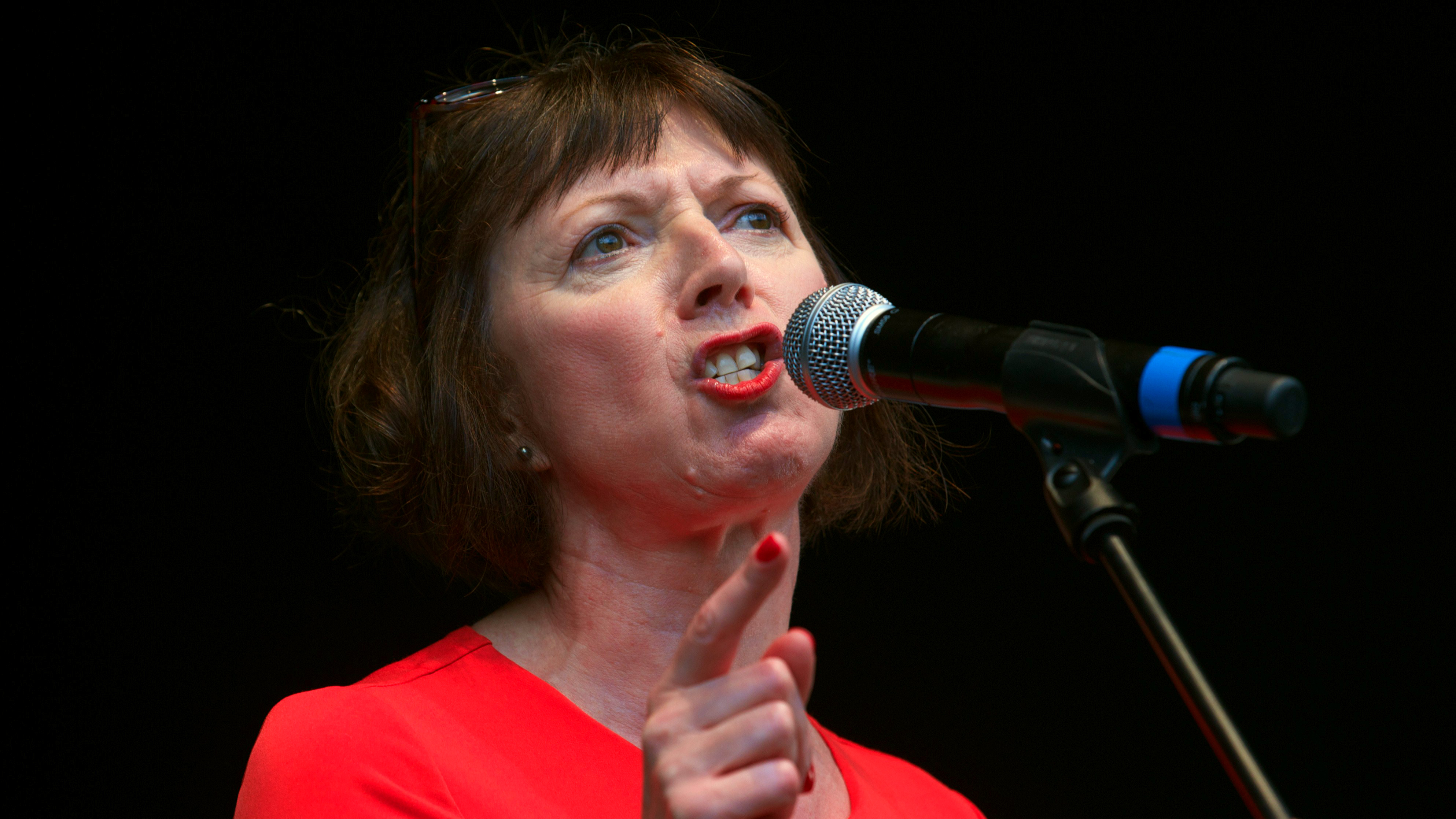Household debt is soaring: should we be worried?
New figures from the TUC show the amount owed by British households is at an all-time high

A free daily email with the biggest news stories of the day – and the best features from TheWeek.com
You are now subscribed
Your newsletter sign-up was successful
As a nation we are getting into debt. New figures from the TUC show that household debt is at an all time high. So, are we drowning in debt - and how worried should we be?
How much debt are we in?
According to the TUC’s figures the average household debt reached a record high of £12,887 in the three months to the end of September 2016. That is a startling amount given that it doesn’t even include the biggest debt – your mortgage.
The Week
Escape your echo chamber. Get the facts behind the news, plus analysis from multiple perspectives.

Sign up for The Week's Free Newsletters
From our morning news briefing to a weekly Good News Newsletter, get the best of The Week delivered directly to your inbox.
From our morning news briefing to a weekly Good News Newsletter, get the best of The Week delivered directly to your inbox.
However, that figure is inflated by the inclusion of student loans, points out Brian Milligan for the BBC. That area of debt has “increased rapidly over the last couple of years,” skewing the debt figures.
Taking out student loans doesn’t make for a much prettier picture, though. Household debt figures from the Bank of England, which doesn’t include student debt, put the nation’s total debt at £192bn at the end of November.
That’s not a record, but is the highest the figure has been since the midst of the financial crisis in December 2008.
Should we be worried?
A free daily email with the biggest news stories of the day – and the best features from TheWeek.com
Not according to the Bank of England, which says debt is still affordable.
“Interest rates are still very low, and are expected to remain so for the foreseeable future, so there are fewer concerns on debt servicing than there were in the past,” says Andy Haldane, the Bank of England’s chief economist.
“There are reasons not to be too alarmed about it ticking up, but it is absolutely something we will watch carefully.”
Not everyone agrees. “These increases in household debt are a warning that families are struggling to get by on their pay alone,” says Frances O’Grady, the TUC’s general secretary.
“Families plunging deep into the red, living hand to mouth even when in work, is concerning in the world’s sixth larges economy,” says The Mirror.
“Blaming individuals for spending too much overlooks the bigger scandal: breadline earnings with low wages is a terrible British disease and the cost of living is increasing again.”
Take another look at the figures and another picture emerges, according to Chris Giles in the Financial Times. He argues that household debt growth is actually slowing.
“Were households splashing out after getting deep in debt, you would expect to see solid evidence in the data,” argues Giles. “But household consumption has grown slower than the economy since the recovery started and the appetite for debt has fallen sharply.”
Households have been increasing their debt by an average of £5.1bn every quarter since 2009, that is almost four times less than the £22bn rate seen between 1997 and 2009.
“We know credit bubbles can be dangerous and there are some legitimate pockets of concern: buy-to-let borrowing and car finance have been increasing at unsustainable rates close to 10 per cent but these are relatively small parts of UK finance.
"Britain’s households in aggregate are not guilty of running a debt-fuelled recovery.”
Pay off debt or start saving?
If you have built up some debt there are simple steps you can take to bring it under control. Firstly, minimise the interest you are paying on your debt. If it is on a credit card move it onto a 0% balance transfer card, if it is a personal loan see if you can switch it to a cheaper loan or move it onto a 0% money transfer credit card.
Once you’ve reduced your interest rate as much as possible set up a direct debit to pay off as much as you can afford each month.
Finally, don’t fall into the trap of saving at the same time as you are paying interest on debts. In the current interest rate climate it is almost impossible to earn more interest on your savings than you are paying on your debt so focus on clearing what you owe first.